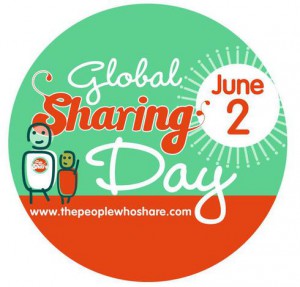Here is the abstract of a research paper, that is one of the first things I ever saw that seriously considered the E-government trend, and how it is going to impact citizens. It was published two years ago and, recently a reader sent it to me, and I read it again. I want you to notice how little has changed in the three year! s since it was published. Why is that, do you suppose?
Also note this odd lacuna. There is not discussion of voting, only communications. With our existing technology it is possible to develop e-voting in such a way that each citizen could vote. You wouldn't have to have polling booths, you wouldn't have to mail things, and you wouldn't have to go anywhere. It could be done from any computer, a pad, or a smartphone. To secure it you could use social security numbers, a pre-set-up ID, and a password.
We do billions of financial transactions each day on less security. By comparison this would be 50 state websites, whose Federal totals were simultaneously sent to a Federal website. Everyone eligible could vote in a single day. It would all be completely transparent to the media and the citizens.
It would bypass voter suppression, hanging chads, and all the rest of the schemes. And it would produce a radically different Congress and serve as the counterweight to Citizens' United.
Ask yourself: Why don't we have such a system?
Misplaced Trust? Exploring the Structure of the E-Government-Citizen Trust Relationship
FORREST V. MORGESON III, DAVID VANAMBURG and SUNIL MITHAS – Journal of Public Adminstation Research and Theory
Abstract
A growing body of research focuses on the relationship between e-government, the relatively new mode of citizen-to-government contact founded in information and communications technologies, and citizen trust in government. For many, including both academics and policy makers, e-government is seen as a potentially transformational medium, a mode of contact that could dramatically improve citizen perceptions of government service delivery and possibly reverse the long-running decline in citizen trust in government. To date, however, the literature has left significant gaps in our understanding of the e-government-citizen trust relationship. This study intends to fill some of these gaps. Using a cross-sectional sample of 787 end users of US federal government services, data from the American Customer Satisfaction Index study, and structural equation modeling statistical techniques, this study explores the structure of the e-government-citizen trust relationship. Included in the! model are factors influencing the decision to adopt e-government, as well as prior expectations, overall satisfaction, and outcomes including both confidence in the particular agency experienced and trust in the federal government overall. The findings suggest that although e-government may help improve citizens’ confidence in the future performance of the agency experienced, it does not yet lead to greater satisfaction with an agency interaction nor does it correlate with greater generalized trust in the federal government overall. Explanations for these findings, including an assessment of the potential of e-government to help rebuild trust in government in the future, are offered.






